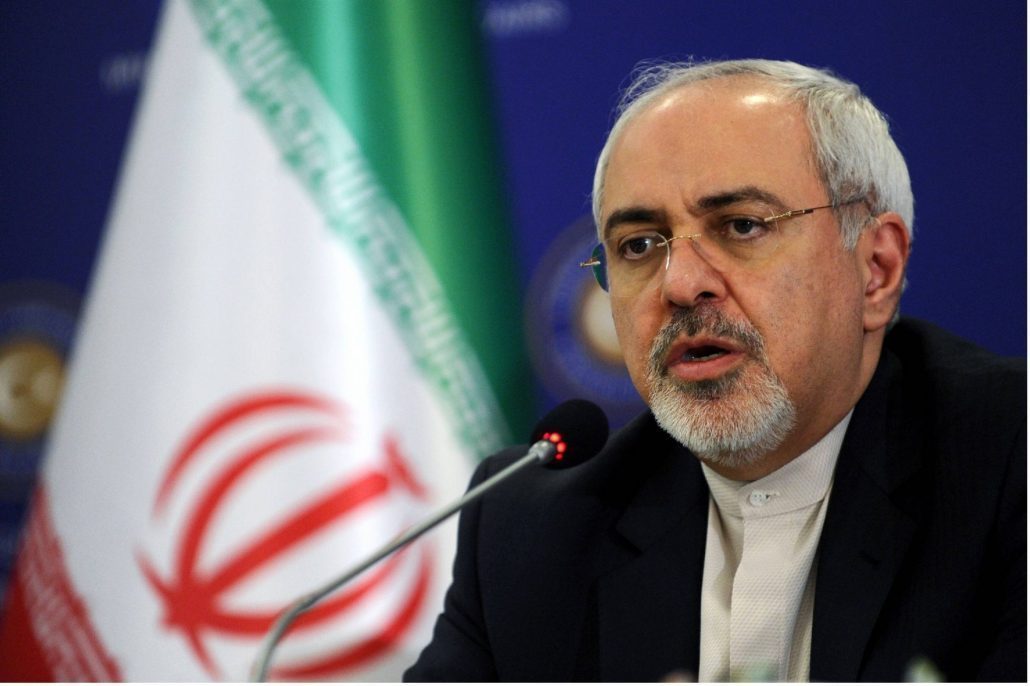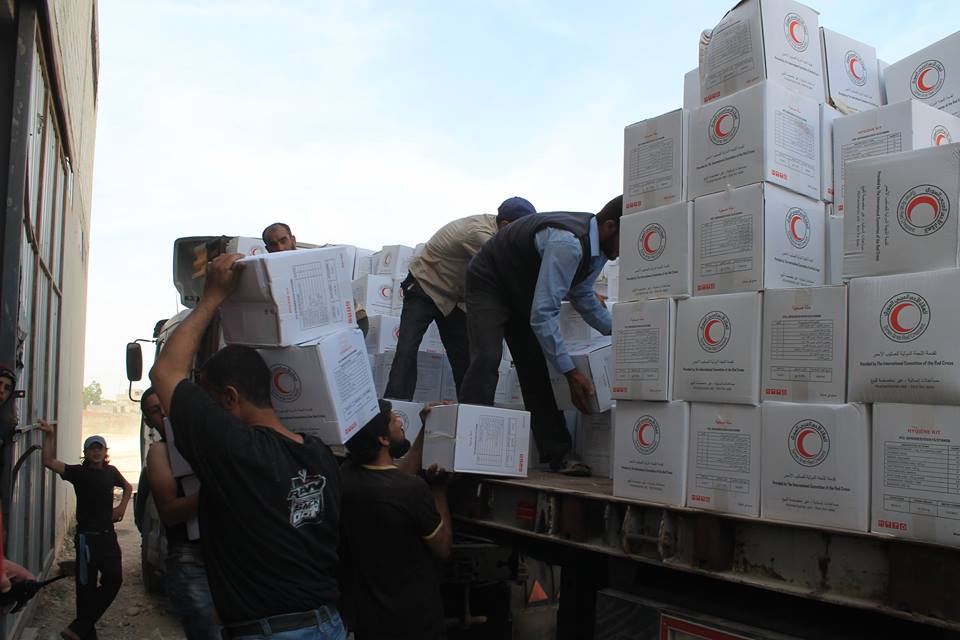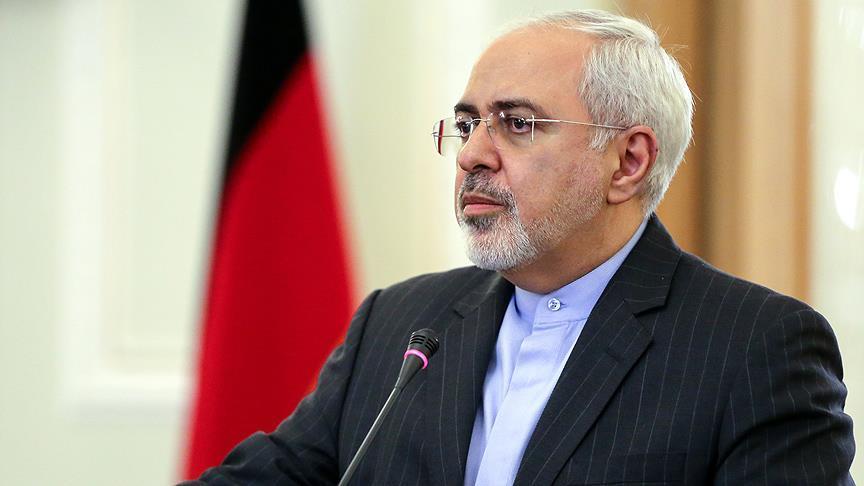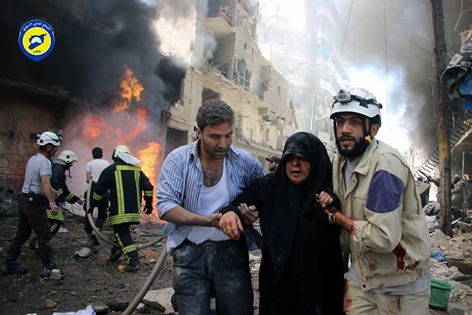
Iran is the leading power in the region, Foreign Minister Mohammad Javad Zarif said, adding that his country has “undeniable” international clout.
“International circumstances have put Iran in such premium position that… it has undeniable influence on recent developments in the region and the world as the region’s top power,” Zarif said in an address to a conference of Iranian military attachés and representatives in foreign countries, held in Tehran on Sunday.This influsence is relying on the “noble ideals and discourse of the Islamic Revolution,” Zarif said.
Iran may become an influential, long-lasting power in the international arena, Zarif said, adding, “we are facing a risky, proactive and sensitive action which based on the interpretation of the Leader of Islamic Revolution Ayatollah Khamenei, is the critical turning point in history which requires caution, awareness, threat identification, reliance on military and economic capabilities, as well as Islamic and revolutionary beliefs, to pass through.”
He also emphasized the need for constant efforts to boost Iran’s military and economic power to cope with the current sensitive situation, which Iran’s supreme leader Ali Khamenei has described as a “critical historic turn.”
In comments in late August, Khamenei underlined the need for strengthening the country’s military power, describing it as natural and an inalienable right.
“In a world where bullying and domineering powers, who lack morality, conscience and humanity and have no qualms about invading countries and killing innocent people, are dominant, developing defensive and offensive industries is quite natural because security will not be achieved unless these powers feel the country’s might,” the Leader reiterated.
Iran’s role: internationally and in the region
These statements are not the first, as the Iranian officials have always emploied the “threatening” tone as a way to prove their capability of using force if needed internationally, and to remind the world of its arms and militias in the region.
Iran was also under international sanctions that were removed last year after a nuclear deal with the US. However, this didn’t prevent the Iranian officials from sending their threats.
Earlier in October, Iran launched the three-day war drills, which included the use of US-made planes.
General Masoud Rouzkhosh said: “The goal of holding this drill is the creation of readiness so as to be able to combat any threat, and should a war occur, the Air Force will be the first force to enter the battlefield.
“The presence of America in the region is a cancerous malign tumour that can only be treated by removing the filthy tumour and the ejection of America from the region,” Jazayeri added.
Iranian Supreme Leader Ali Khamenei has always criticized the nuclear deal and accused the United States of failing to keep its side of the bargain, saying that he has no problem in tearing all their agreements with the “devil” off.
Iran also plays a major role in the instability of the middle east region, by using its arms in every country to widen its influence. Iran backs the Shiite political movements in the Gulf states and attacks the monarchies their saying their role must come to an end.
Iran backs the Shiite political movements in the Gulf states and attacks the monarchies their saying their role must come to an end.
Iran also backs the Houthi movement in Yemen who rebelled on the governement and started a civil war that caused Yemen’s already bad situation to deteriorate.
Iran also funds and backs Shiite militias in Iraq, the country that became one of its unofficially controlled regions.
Iranian regime and Assad regime are close strategic allies, and Iran has provided significant support for the Syrian Government in the Syrian crisis, including logistical, technical and financial support, as well as training and some combat troops.
Iran has sent thousands of combat troops to Syria, including the elite Iranian Revolutionary Guard Corps (IRGC) and the Iran-backed Lebanese Hezbollah fighters, as well as Shiite militias from Iraq, Afghanistan and Iran.
Those militias provided support for Assad regime, helped him to achieve victory against rebels in many areas of Syria, and took part in his crimes against the Syrian civilians.



